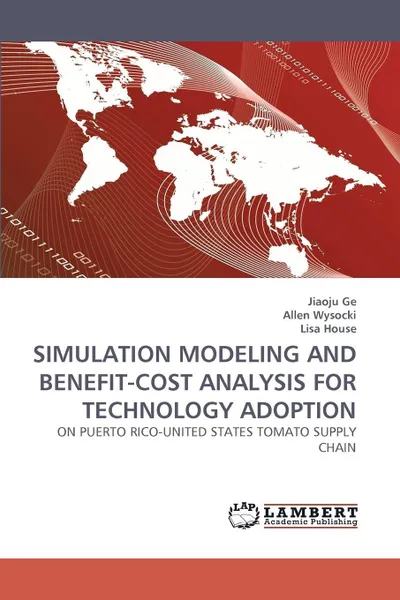SIMULATION MODELING AND BENEFIT-COST ANALYSIS FOR TECHNOLOGY ADOPTION 12+
2010
84 страницы
Категория: Маркетинг и продажи
ISBN: 9783838336350
Язык: Английский
📘 Supply chain coordination and shipping conditions have a substantial impact on food quality of produce supply chains, especially when supply chains cross international borders. After harvesting, shipping conditions are the primary determinants of food quality for highly perishable commodities such as tomatoes. Based on food marketing research, food quality for highly perishable commodities is becoming one of the most important issues in today's food markets. With the help of a discrete-event simulation software (SIMUL8®), a simulated supply chain distribution model, including tomato harvesting, packing, shipping and distributing, was developed to analyze overall supply chain performance, and Simetar was used to estimate associated costs and benefits for each participant in this supply chain. Finally, benefit-cost ratios were simulated to assess the adoption of temperature controlling technology on tomato supply chain marketing implications. The results show that tomato keeping quality can be improved from 2.7 days to 5.4 days on average when temperature range within marine containers is controlled better.
Мнения
